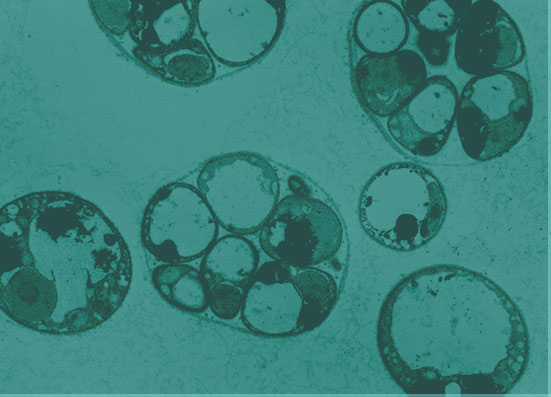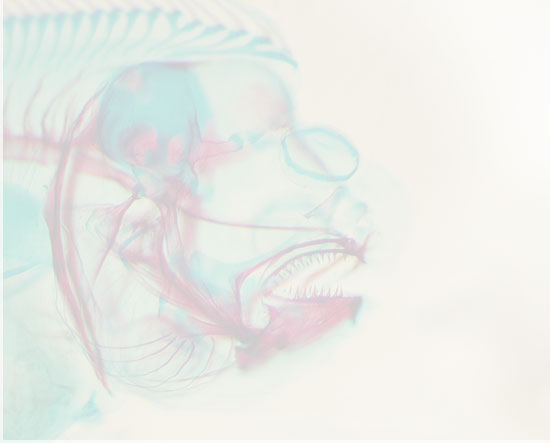



Molecular determinants and regulatory mechanisms (transcription and post transcription regulation, alternative and trans-splicing events, RNA editing, epigenetics) affecting gene expression during onset of skeletogenesis and maintenance of bone and cartilage integrity throughout life.

Skeleton-associated vitamin K-dependent proteins (osteocalcin, matrix Gla protein, Gla-rich protein/UCMA) known to affect tissue mineralization in normal and pathological conditions, and also involved in cell differentiation, transformation and tissue integrity; Vitamin K metabolism and its recently identified transcription network of target genes and novel functions; Use of fish as models for human diseases with skeletal phenotype.

Molecular evolution of skeletal proteins; Osteo-adaptation and osteotoxicity associated with environmental conditions; Regeneration of calcified tissues; Nutritional requirements associated to normal and pathological skeletal development; Identification of molecules of marine origin with pro/anti-osteogenic properties; Osteo-immunology and musculoskeletal crosstalk.
The laboratory of Comparative, Adaptive and Functional Skeletal Biology (BIOSKEL, previously known as EDGE) belongs to the Centre of Marine Sciences (CCMAR), located on the Campus of Gambelas of the University of Algarve in Faro, Portugal. Our group consists of 1 full Professor, 2 associated Researchers, 3 post-docs, 12 PhD students (in 2014) and several MSc students and undergraduate students working in different aspects of skeletal biology of vertebrates including gene expression and regulation, either using model animals (e.g. zebrafish, marine teleost fishes and rodents) or in vitro tools such as fish osteo-chondroblastic or embryonic stem-like cell lines developed in our laboratory. The different lines of research currently being followed by researchers in our group take advantage of an extended collaborative network involving companies and researchers from several institutions located in Europe, America, Oceania and Asia.ot